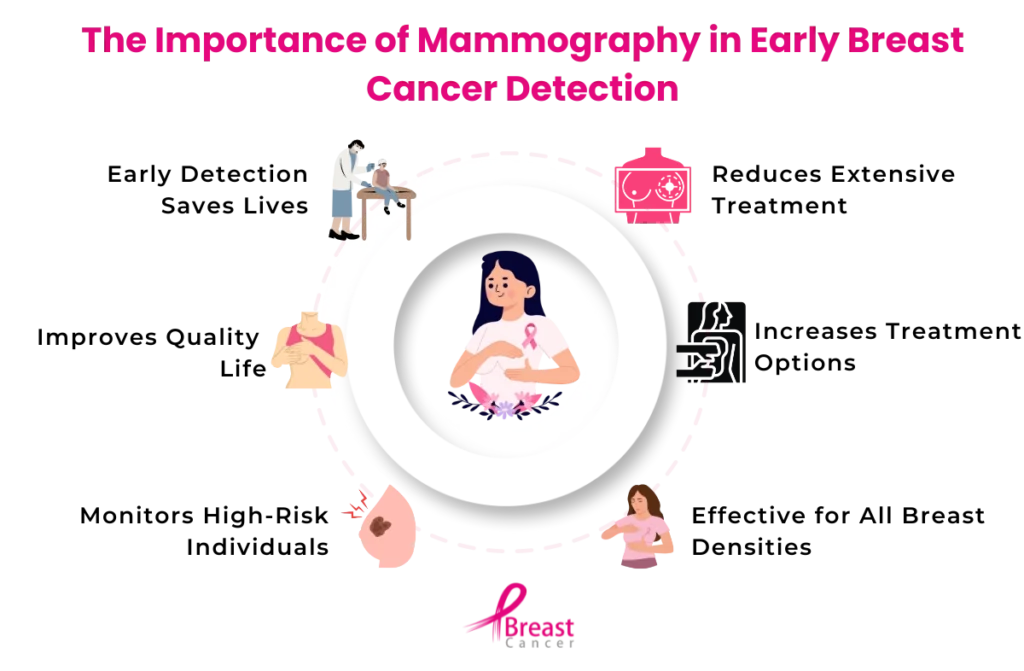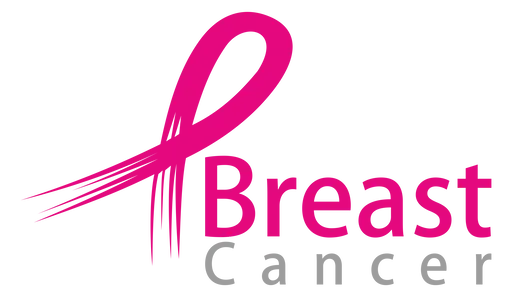Mammography in Chennai is an essential diagnostic tool for early breast cancer detection. This test plays a vital role in identifying abnormalities in breast tissue, potentially saving lives by enabling early treatment. This specialized imaging technique plays a pivotal role in identifying abnormalities within breast tissue. Accessible at various medical facilities across Chennai, mammography ensures that women receive timely and effective diagnoses, contributing significantly to their health and well-being.
Understanding Mammography
Mammography utilizes low-dose X-rays to produce clear, detailed images of the breast, helping detect abnormalities at an early stage. This non-invasive procedure is a key component of breast cancer screening in Chennai, especially with the advent of digital mammogram technology, which offers enhanced clarity and accuracy. It’s widely regarded as a reliable tool for early detection, particularly for women over 40 or those with a family history of breast cancer. Early diagnosis through mammography in Chennai increases the chances of successful treatment, making it crucial for proactive health management.

Importance of Mammography
Mammography is crucial for women’s health, primarily for its role in early detection of breast cancer, the second most common cancer among women globally. Here’s why mammography is important:
- Early Detection: Regular mammogram tests in Chennai can detect breast cancer at its earliest stages, when treatment is most effective and chances of survival are highest.
- Improved Treatment Outcomes: Detecting breast cancer early through mammography allows for less aggressive treatment options, reducing the need for extensive surgeries or chemotherapy cancer.
- Screening High-Risk Individuals: Women with a family history of breast cancer or other risk factors benefit greatly from regular mammograms, enabling proactive monitoring and timely intervention.
- Reduced Mortality: Studies consistently show that routine mammography decreases breast cancer mortality rates by identifying tumors before they can spread.
In Chennai, access to mammography in Chennai services ensures women have the opportunity for early detection and prompt medical care, contributing to improved health outcomes and overall well-being. Regular screenings are key to maintaining breast health and detecting cancer early.
Types of Mammography
- Digital Mammogram: A digital mammogram in Chennai uses advanced technology to capture and store breast images digitally, allowing for enhanced clarity and ease of sharing with healthcare providers for accurate diagnosis.
- Screening Mammogram: A mammogram test in Chennai is a routine screening tool recommended for women to detect breast cancer early, even before symptoms appear. It involves taking X-ray images of the breast to check for any signs of cancer.
Breast Cancer Symptoms
Knowing the symptoms of breast cancer can help you determine when to undergo a breast cancer screening in Chennai. Some key symptoms include:
- Lumps or thickening in the breast or underarm
- Changes in breast size, shape, or texture
- Nipple discharge or inversion
- Redness or dimpling of breast skin
- Persistent breast pain
If you experience any of these signs, booking a mammogram test in Chennai is essential for early detection.
Access and Availability
- Hospitals and Clinics Offering Mammography: Several hospitals and clinics in Chennai provide mammography services, including renowned medical institutions equipped with state-of-the-art imaging technologies. This ensures that women have access to high-quality screening and diagnostic services. The mammogram test in Chennai is typically recommended for women over 40. It involves compressing the breast to capture high-resolution images, providing crucial insights for early cancer detection.
- Mammography Cost in Chennai: The mammography cost in Chennai varies depending on the facility and the type of mammogram performed. While the mammography cost in Chennai varies across hospitals, many clinics offer affordable and accessible options, ensuring widespread screening availability.
Benefits of Mammography in Chennai
- Early Detection: Detecting breast cancer early through mammography in Chennai increases treatment options and improves outcomes.
- Routine Screening: Regular mammograms help in identifying changes in breast tissue over time, aiding in timely intervention.
- Risk Assessment: Mammograms assist in assessing individual breast cancer risk, guiding personalized healthcare decisions.
- Follow-up Monitoring: Post-treatment, mammography monitors for recurrence or new developments, ensuring ongoing care. These benefits underscore its pivotal role in breast health management and cancer prevention.
Risk in Mammography
Mammography in chennai, while essential for breast cancer screening, carries some risks that patients should be aware of:
- Radiation Exposure: Mammograms involve exposure to low levels of radiation, which, though considered safe, carries a minimal risk of potentially causing cancer.
- Discomfort or Pain: Compression of the breast during the procedure can cause discomfort or temporary pain for some women.
- False Positives: Mammograms can sometimes detect abnormalities that are not cancerous, leading to unnecessary anxiety and follow-up tests.
- False Negatives: In some cases, mammograms may miss cancerous tumors, providing false reassurance.
To mitigate these risks, it’s important for healthcare providers to use the lowest possible radiation dose, ensure proper technique, and interpret results accurately. Women should discuss their individual risk factors with their healthcare providers to make informed decisions about screening frequency and methods. Despite these risks, the benefits of early detection and treatment of breast cancer generally outweigh the potential harms of mammography.
Mammography Procedure
The mammography procedure in Chennai involves a simple, non-invasive process that captures detailed images of breast tissue.
Steps Involved in a Mammogram Test in Chennai:
- The patient stands in front of the mammography machine.
- The breast is gently placed on a flat plate and compressed for clear imaging.
- X-ray images are taken from multiple angles.
- The entire process takes about 15-20 minutes.
Preparation for a Digital Mammogram in Chennai:
- Avoid using deodorants or powders on the day of the test.
- Wear a two-piece outfit for convenience.
- Inform the doctor if you’re pregnant or breastfeeding.
Conclusion
Mammography in Chennai is essential for early detection and effective management of breast cancer. Accessible at various hospitals and clinics, including digital options, it offers accurate diagnosis and peace of mind through routine screenings. Women are encouraged to undergo regular mammograms to ensure timely detection and prompt treatment if needed. Prioritizing regular breast cancer screening in Chennai can significantly improve outcomes. Reach out to trusted clinics to schedule your mammogram test in Chennai today.




